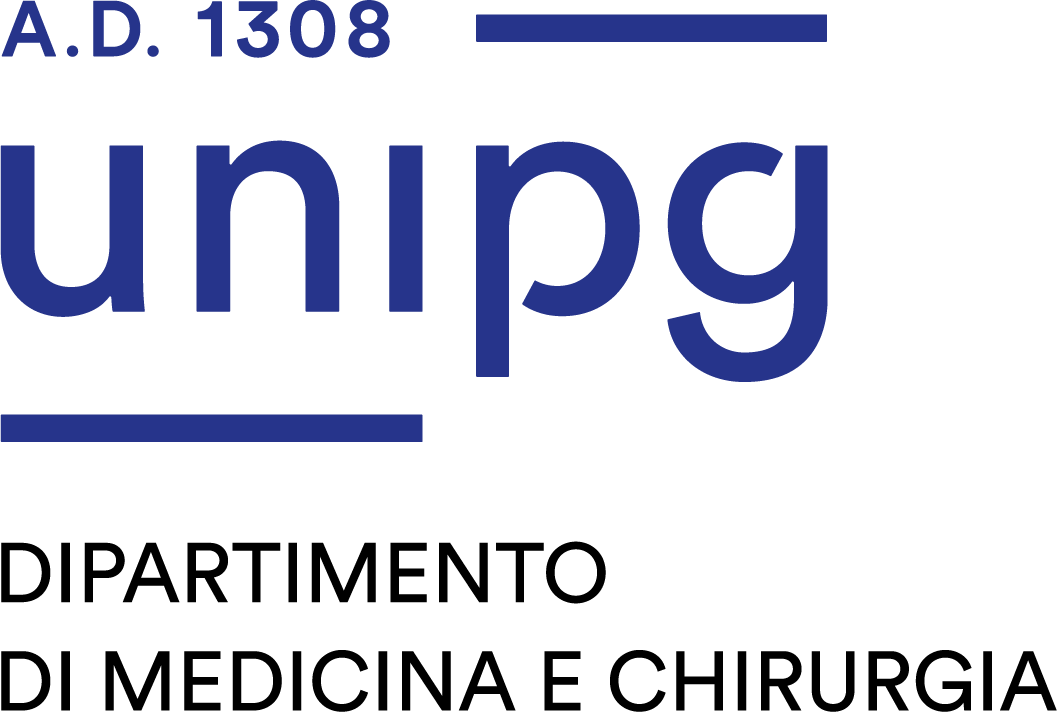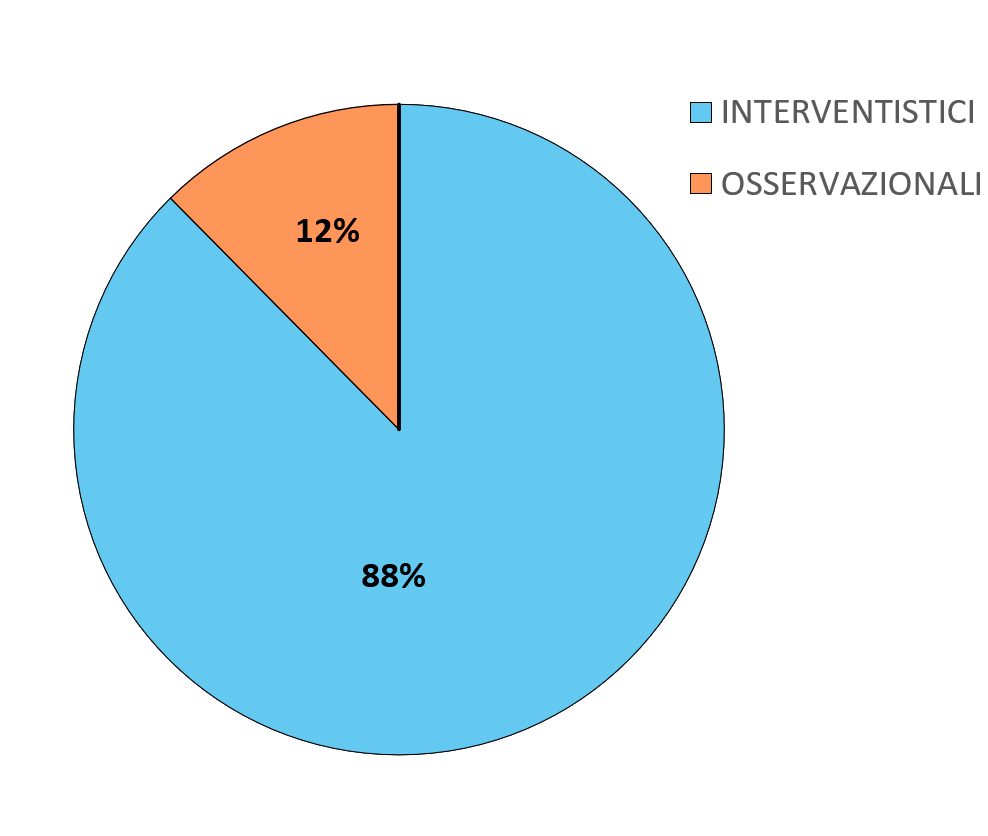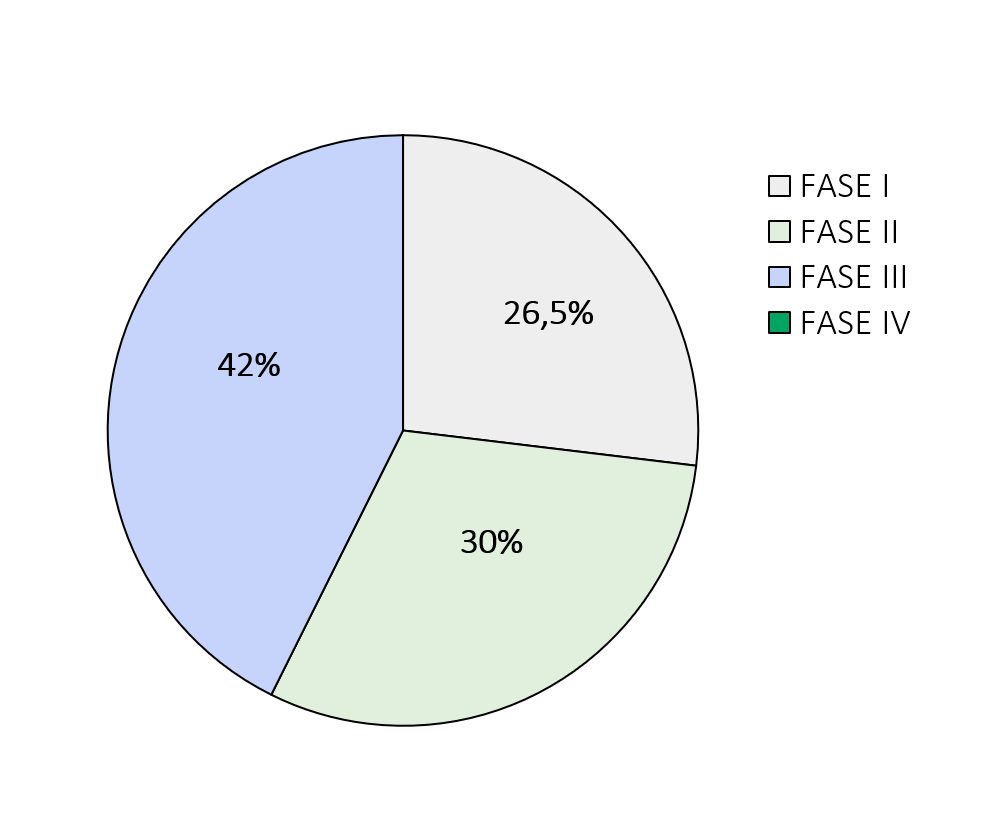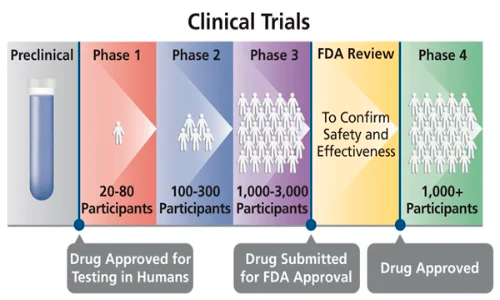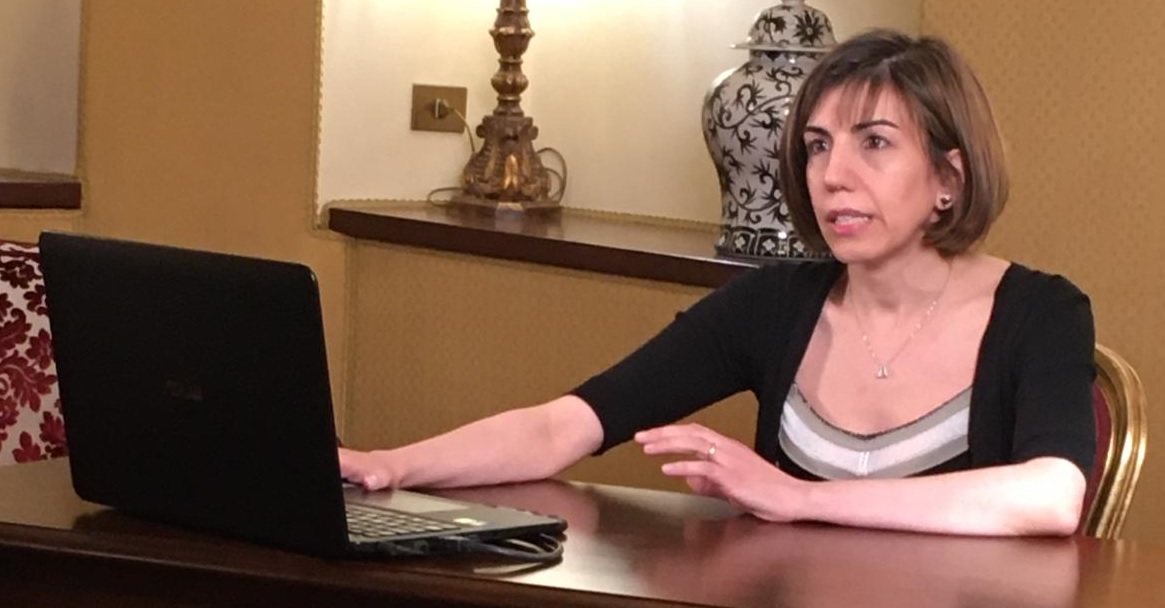PhD Students
XXXIX ciclo |
|||
PhD Student |
Tutor |
Curriculum |
Research Project Title |
|
ADAMO Francesco Maria |
Prof. Paolo Sportoletti | Biotechnologies in Bone Marrow Transplantation | Involvement of NOTCH network and its interaction with immune microenvironment of ransforming Chronic Lymphocytic Leukemia into Richter's Syndrome |
|
SERVOLI Francesca |
Dott.ssa Roberta La Starza | Biotechnologies in Bone Marrow Transplantation | Identification of drug targets in high-risk T-cell acute lymphoblastic leukaemia with RUNX1 alterations (PNRR grant) |
|
TORRIGIANI Edoardo Guido |
Prof.ssa Lucilla Parnetti | Neurosciences | Clinical-molecular prognostic algorithms implemented by machine learning in Alzheimer's disease, Parkinson's disease and Multiple Sclerosis |
|
VIGLIONE Valerio |
Dott. Antonio Pierini | Biotechnologies in Bone Marrow Transplantation | Microbiological and immunological implications of Human Herpesvirus 6 (HHV-6) infection in the context of allogeneic haematopoietic stem cell transplantation |
XXXVIII ciclo |
|||
PhD Student |
Tutor |
Curriculum |
Research Project Title |
|
ARCALENI Roberta |
Dott.ssa Roberta La Starza | Biotechnologies in Bone Marrow Transplantation | Study and characterisation of Acute Undifferentiated Leukaemia (AUL) and Ambiguous or Mixed Phenotype Leukaemia (T/M MPAL): genotype-phenotype correlation |
| CAPURRO Michela | Prof. Enrico Tiacci | Biotechnologies in Bone Marrow Transplantation | Development of a new CAR-T (Chimeric antigen receptor T-Cells) model for the selective recognition of leukaemic cells in acute myeloid leukaemia with NMP1 mutation |
| DI SABATINO Elena | Prof. Massimiliano Di Filippo | Neurosciences | Pathophysiology of cognitive impairment in multiple sclerosis: insight from MRI and body fluid biomarkers |
| ESPOSITO Angela | Prof. Paolo Sportoletti | Biotechnologies in Bone Marrow Transplantation | Development of new drugs for precision medicine in Chronic Lymphatic Leukaemia |
| GUAZZARINI Anna Giulia | Prof.ssa Patrizia Mecocci | Pathology and Clinical Studies of Atherosclerosis and Aging | Behavioral and Psychological Symptoms of Dementia (BPSD) from psychosocial to clinical and neurobiological aspects |
| MARTARELLI Nico | Prof. Enrico Tiacci | Biotechnologies in Bone Marrow Transplantation | Development of new Car-T (Chimeric Antigen Receptor T-Cells) models against CD30 and PDL-1 antigens expressed in classical Hodgkin's lymphoma |
| MARTINO Giovanni | Prof.ssa Maria Paola Martelli | Biotechnologies in Bone Marrow Transplantation | Exploring intersections between genetic alterations and microenvironment in acute myeloid leukemias |
| TOJA Andrea | Prof.ssa Lucilla Parnetti | Neurosciences | Sinucleinopatia nella malattia di Alzheimer: ruolo dei 'seed amplification assays' per l'alfa sinucleina |
XXXVII ciclo |
|||
PhD Student |
Tutor |
Curriculum |
Research Project Title |
| ALI' Emanuele | Prof.ssa Cynthia Aristei | Radiotherapy in Oncology | Radiotherapy as bridging therapy for Chimeric Antigen Receptor-T (CAR-T) Cell Therapy in patients with relapsed/refractory haematological malignancies |
| BOTTERO Marta | Prof.ssa Cynthia Aristei | Radiotherapy in Oncology | Radio-induced changes in lymphoid subpopulations in prostate neoplasms treated with different radiotherapy fractionation schemes |
| CANONICHESI Jacopo | Prof. Massimiliano Di Filippo | Neurosciences | Study of bidirectional synaptic plasticity in models of neuroinflammatory and neurodegenerative diseases |
| CROCIONI Maria | Dott.ssa Roberta La Starza | Biotechnologies in Bone Marrow Transplantation | Telomeropathies: in-depth genetic analysis and development of diagnostic tools for a group of rare diseases |
| DONNINI Serena | Prof.ssa Maria Paola Martelli | Biotechnologies in Bone Marrow Transplantation | Dissecting the molecular mechanisms underlying treatment with Homacetaxine Mepessucinate (Homoarringtonine, HHT ) in Acute Myeloid Leukaemias (AML) with Nucleophosmin gene mutation (NPM1) |
| GAUDIO Gianluca | Prof. Ettore Mearini | Surgical Sciences | Prospective evaluation of the diagnostic and prognostic role of serum and urinary microRNAs in renal cancer patients |
| GRAZIANI Alessandro | Prof.ssa Antonella Mencacci | Biotechnologies in Bone Marrow Transplantation | Evaluation of the antibody and cell-mediated immune response in onco-haematological patients following vaccination against COVID-19 |
| MARIETTI Rossella | Prof. Luca Stingeni | Biotechnologies in Bone Marrow Transplantation | Chronic inflammatory diseases in dermatology: psoriasis, atopic dermatitis and suppurative hydrosadenitis |
| SALDI Simonetta | Prof.ssa Cynthia Aristei | Radiotherapy in Oncology | Research on factors related to the development of Graft-versus-host disease in haploidentical haematopoietic stem cell transplantation in a conditioning regimen with total lymph node and bone irradiation (TLMI) |
XXXVI ciclo |
|||
PhD Student |
Tutor |
Curriculum |
Research Project Title |
| BELLINGACCI Laura | Prof. Massimiliano Di Filippo | Neurosciences | Inflammation and synaptic function: implications for central nervous system disorders |
| BONATO Samanta | Dr. Antonio Pierini | Biotechnologies in Bone Marrow Transplantation | Graft composition and outcomes in hematopoietic cell transplantation with adoptive T cell immunotherapy |
| FALINI Lorenza | Prof. Enrico Tiacci | Biotechnologies in Bone Marrow Transplantation | Development of anti-CD79b CAR-T cells for the treatment of relapsed and/or refractory diffuse large B-cell lymphomas and primary mediastinal lymphomas |
| GAGLIARDI Andrea | Prof.ssa Maria Paola Martelli | Biotechnologies in Bone Marrow Transplantation | Novel approaches to identify oncogenic dependencies in NPM1 mutated acute myeloid leukemia |
| GAMBACORTA Valeria | Prof. Giampietro Ricci | Surgical Sciences | Critical issues in the management of newborn hearing screening: how to improve early hearing intervention |
| MENCULINI Giulia | Prof. Alfonso Antonio Vincenzo Tortorella | Neurosciences | Psychopathological manifestations and central nervous system diseases |
| PALADINI Alessio | Prof. Ettore Mearini | Surgical Sciences | The use of biomarkers in the assessment of renal ischaemic damage secondary to iatrogenic ischaemia and their implications in clinical practice |
| PAOLINI PAOLETTI Federico | Prof.ssa Lucilla Parnetti | Neurosciences | Neurochemical characterisation of Parkinson's disease: diagnostic and prognostic implications |
| RUSSO Carla | Prof.ssa Antonella Mencacci | Pathology and Clinical Studies of Atherosclerosis and Aging | Novel insights in the diagnosis and surveillance of SARS-CoV-2 infection |
| SCIABOLACCI Sofia | Prof.ssa Maria Paola Martelli | Biotechnologies in Bone Marrow Transplantation | Clinical management and experimental studies in Acute Myeloid Leukemia: the experience of Perugia Hematology center |
| WOIDALA Anna Lidia | Prof.ssa Lucilla Parnetti | Neurosciences | Fluid biomarlers discovery: towards a blood-based diagnosis of neurodegenerative diseases |
XXXV ciclo |
|||
PhD Student |
Tutor |
Curriculum |
Research Project Title |
| ABDELHAMID AMR Mohamed Hamed | Prof.ssa Cynthia Aristei | Biotechnologies in Bone Marrow Transplantation | Evaluation of Total Marrow Irradiation Platform Bridging Clinical and Preclinical Translation Studies |
| BALDONI Stefano | Prof. Paolo Sportoletti | Biotechnologies in Bone Marrow Transplantation | The NOTCH1 gene as a new therapeutic target in chronic lymphatic leukaemia |
| BARDELLI Valentina | Dott.ssa Roberta La Starza | Biotechnologies in Bone Marrow Transplantation | Oncogenomics and drug testing in adult T-cell acute lymphoblastic leukemia (T-ALL) |
| CHIPI Elena | Prof.ssa Lucilla Parnetti | Neurosciences | Role of neuropsychological assessment in preclinical Alzheimer's Disease |
| LIMONGELLO Roberto | Dott. Antonio Pierini | Biotechnologies in Bone Marrow Transplantation | Regulatory T cells and multiple myeloma: new immunotherapy approaches |
| MANCINI Andrea | Prof. Massimiliano Di Filippo | Neurosciences | Immune-mediated synaptic and network dysfunction: implications for multiple sclerosis and neuropsychiatric disorders |
| MARINO Gioia | Prof. Alessandro Tozzi | Neurosciences | Recovery from striatal synaptic dysfunctions and behavioral alterations induced by aggregated alpha-synuclein: the role of intensive exercise |
| MARRA Andrea | Prof.ssa Maria Paola Martelli | Biotechnologies in Bone Marrow Transplantation | Malignant megakaryocytes suppress CD8+ T-cell immunity and support leukemia immune evasion in NPM1-mutated AML |
| MINISTRINI Stefano | Prof.ssa Patrizia Mecocci | Pathology and Clinical Studies of Atherosclerosis and Aging | Biomarkers of bone remodeling as predictors of cardio-metabolic risk in subjects with high-grade obesity before and after bariatric surgery |
| STELLA Arianna | Prof. Paolo Sportoletti | Biotechnologies in Bone Marrow Transplantation | Development of acute erythroid leukemia in the BCOR- DNMT3a Knock-Out mouse model |
| TINI Valentina | Prof.ssa Maria Paola Martelli | Biotechnologies in Bone Marrow Transplantation | Development of bioinformatics tools for studying transcriptome and drug-drug interaction in acute myeloid leukemia cell lines with NPM1 mutation |
| TRICARICO Sara | Dott. Antonio Pierini | Biotechnologies in Bone Marrow Transplantation | Allogeneic hematopoietic stem cell transplantation with t-reg/t-con immunotherapy: new strategies for better separation of antileukemic effect from graft versus host diseas |
XXXIV ciclo |
|||
PhD Student |
Tutor |
Curriculum |
Research Project Title |
| ALBI Elisa | Prof. Paolo Sportoletti | Biotechnologies in Bone Marrow Transplantation | New horizons in targeted therapy for chronic lymphocytic leukemia: a MRD-guided approach towards time-limited treatment |
| ALBICOCCO GIOVINATI Luca | Prof.ssa Maria Paola Martelli | Biotechnologies in Bone Marrow Transplantation | Modeling and re-modeling acute myeloid leukemia (AML) using CRISPR-based genome editing: focus on DMT3A and NPM1 |
| BIANCONI Vanessa | Dott. Massimo Raffaele Mannarino | Pathology and Clinical Studies of Atherosclerosis and Aging | Toward defining the relationship between PCSK9 and inflammation: results in different clinical settings |
| CALABRESE Vanessa | Prof. Alessandro Tozzi | Neurosciences | Rapamycin prevents the loss of striatal bidirectional synaptic plasticity in a rat model of L-DOPA-induced dyskinesia by inhibiting mTORC1 Signaling |
| CAMERINI Chiara | Prof.ssa Cristina Mecucci | Biotechnologies in Bone Marrow Transplantation | Personalized diagnosis and management in low and high-risk Myelodysplastic Syndrome: the role of allogeneic transplantation |
| CASAROLA Genni | Prof. Andrea Velardi/Dott. Antonio Pierini | Biotechnologies in Bone Marrow Transplantation | Evaluation of late effects of Treg-Tcon allogeneic transplantation in acute leukemia |
| MAVRIDOU Elena Eleni | Prof.ssa Cristina Mecucci | Biotechnologies in Bone Marrow Transplantation | New genomic changes in myeloid neoplasms; Focus on RUNX1 and IDO1 genes |
| MEGARO Alfredo | Prof. Alessandro Tozzi | Neurosciences | Early synaptic and motor dysfunctions induced by alpha-synuclein preformed fibrils in the rat nigrostriatal circuit |
| NARDELLI Carlotta | Prof.ssa Cristina Mecucci | Biotechnologies in Bone Marrow Transplantation | Heterochromatin rearrangements and germline lesions in leukemia. Epigenetic studies |
| NATALE Giuseppina | Prof. Alessandro Tozzi | Neurosciences | New insights into the beneficial effects of repetitive transcranial magnetic stimulation in early symptomatic experimental parkinsonism |
| ROMOLI Michele | Prof.ssa Cinzia Costa | Neurosciences | Transient global amnesia: risk factors and long term prognosis |
| ROSSI DEVERMANDOIS Jacopo Adolfo | Prof. Ettore Mearini | Surgical Sciences | Detection of clear cell Renal Cell Carcinoma (ccRCC) through analysis of micro RNA levels in urine samples |

